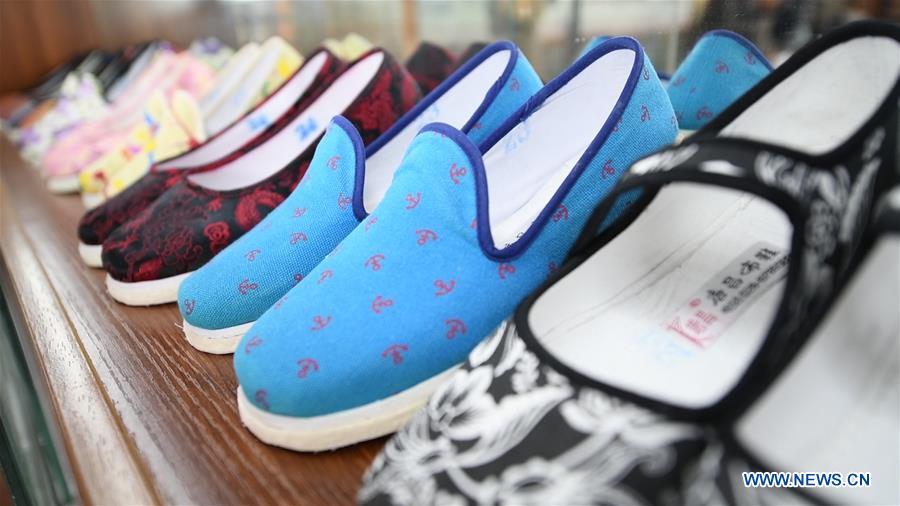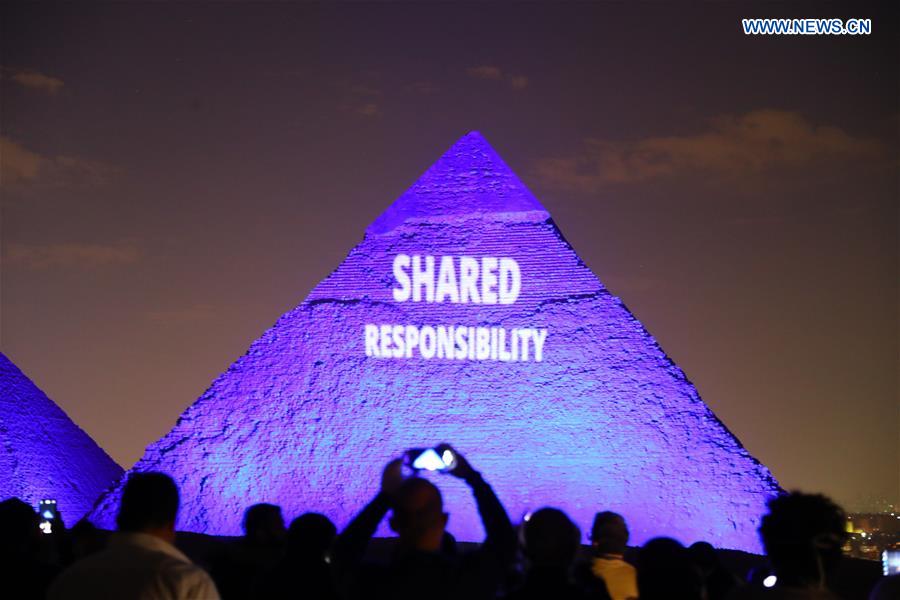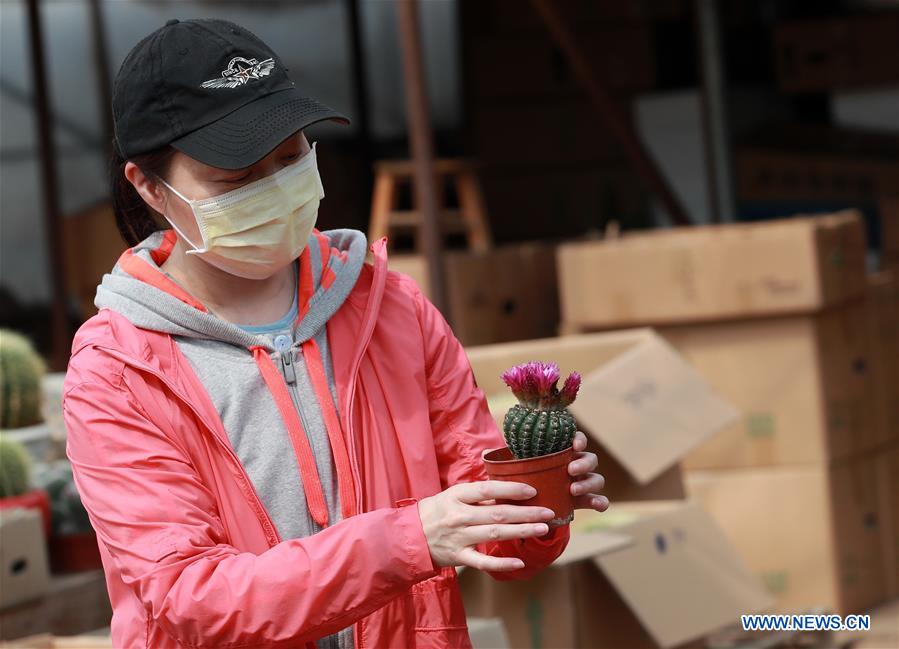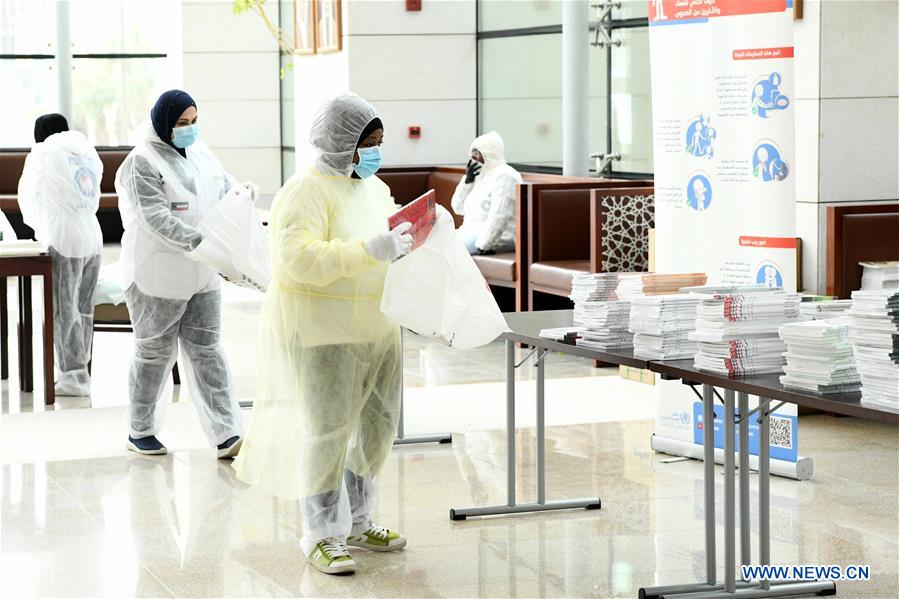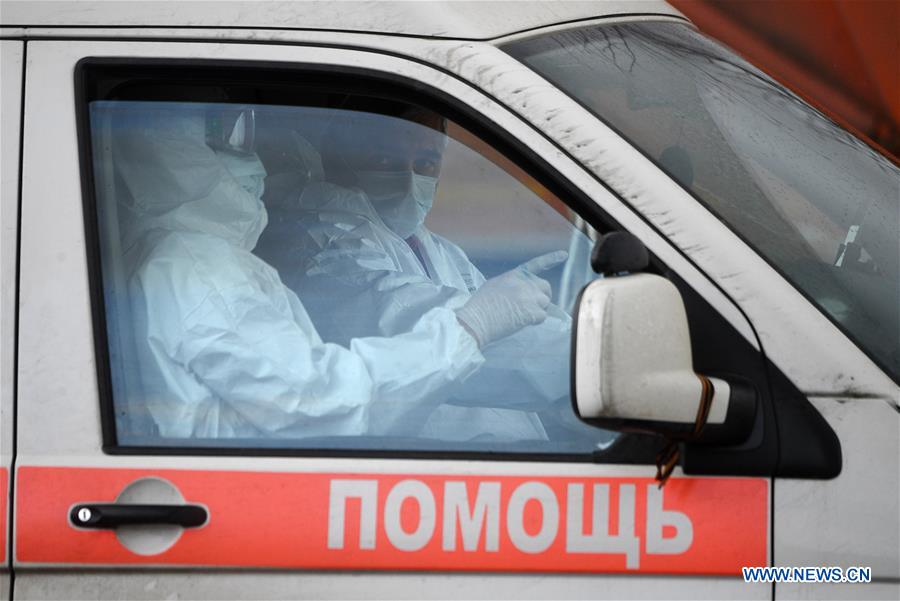-As a specialized agency for public health, the WHO has striven to fulfill its purposes of collecting information on various infectious diseases globally and issuing timely warnings.
-As a key platform for multilateral cooperation mechanisms, the WHO has played an important role in coordinating international efforts to end the global fight.
-In addition to daily situation reports starting on Jan. 21, the organization has published practical guidance that covers all aspects of epidemic prevention and control on its website, including surveillance and case definitions, patient management, risk communication and community engagement, country-level coordination, planning and monitoring, and guidance for schools, workplaces and institutions.
GENEVA, April 19 -- Since the onset of the COVID-19 outbreak, the World Health Organization (WHO) has taken timely and decisive measures with an objective, scientific and impartial response to guide global anti-epidemic cooperation, gaining wide recognition from the international community.
Despite the rapid spread of the pandemic, which, according to the latest figures of the WHO, has led to over 2.1 million cases and more than 146,000 deaths globally, the U.S. administration announced earlier this week that it is halting funding to the WHO, after weeks of criticism of the health organization and its handling of the outbreak.
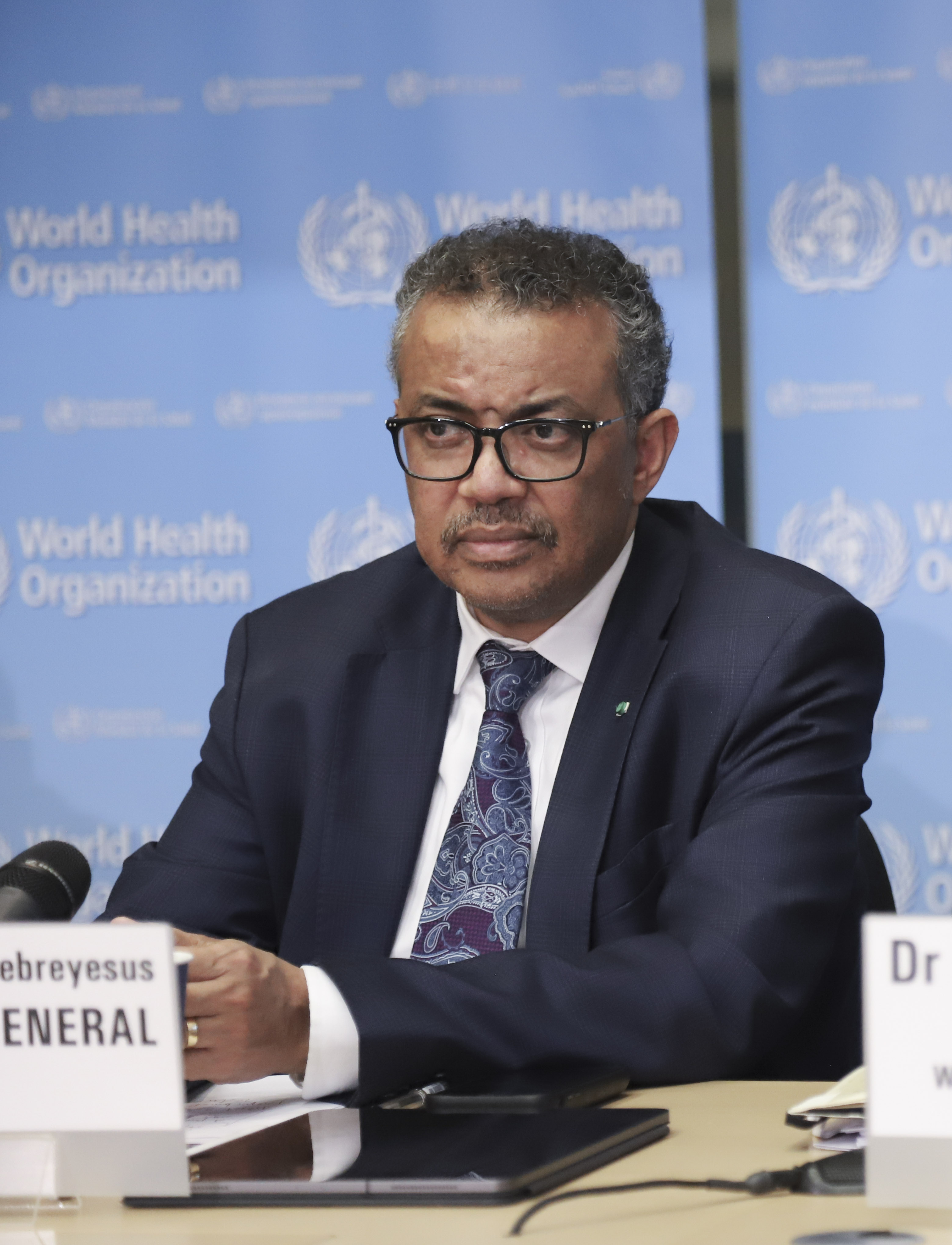
World Health Organization (WHO) Director-General Tedros Adhanom Ghebreyesus attends a daily briefing. (Xinhua/Chen Junxia)
While some Western politicians have politicized the virus and smeared the efforts of the WHO, China has called for solidarity and cooperation in the global fight.
In an article published in the Qiushi Journal on Thursday, Chinese President Xi Jinping wrote that only with solidarity and cooperation can the international community prevail over the epidemic and protect humanity's common home.
TIMELY WARNINGS
As a specialized agency for public health, the WHO has striven to fulfill its purposes of collecting information on various infectious diseases globally and issuing timely warnings.
The WHO "has largely served its purpose well" in the COVID-19 crisis, said Thomas Bollyky, director of the global health program and senior fellow for global health, economics, and development at the Council on Foreign Relations, a U.S. think tank, urging Washington not to "degrade it amid a crisis."
On Jan. 5, the WHO published its first disease outbreak news on the new virus, including a risk assessment, advice, and China's reports on the virus, two days after China informed the organization of the outbreak, as well as relevant countries and regions.
On Jan. 12, the agency said in a press release that "China shared the genetic sequence of the novel coronavirus, which will be of great importance for other countries to use in developing specific diagnostic kits."
On Jan. 31, WHO Director-General Tedros Adhanom Ghebreyesus declared the outbreak a Public Health Emergency of International Concern (PHEIC), sending the highest level of alarm.
On March 11, Ghebreyesus said at a press conference that "COVID-19 can be characterized as a pandemic."
The WHO quickly declared a PHEIC and classified COVID-19 a pandemic soon after, Lawrence Gostin, a public health law professor at Georgetown University, tweeted on April 8, adding that "US/Europe had time to prepare. They didn't! Easy to blame @WHO, but it's our fault."
U.S. President Donald Trump is attacking the WHO "because he loves to have international targets that deflect from his own performance on the pandemic," Darrell West, director of governance studies at Brookings Institution, a Washington D.C.-based think tank, told Xinhua.
In addition to sounding warnings at critical moments, the WHO always sends experts to virus-hit regions to collect information to better understand the situation.
On Jan. 28, a senior WHO delegation led by Ghebreyesus traveled to China's capital Beijing.
On Feb. 16, the WHO-China Joint Mission, consisting of 25 experts from eight countries and the WHO itself, began its nine-day field study trip in Beijing and the provinces of Guangdong, Sichuan and Hubei.

